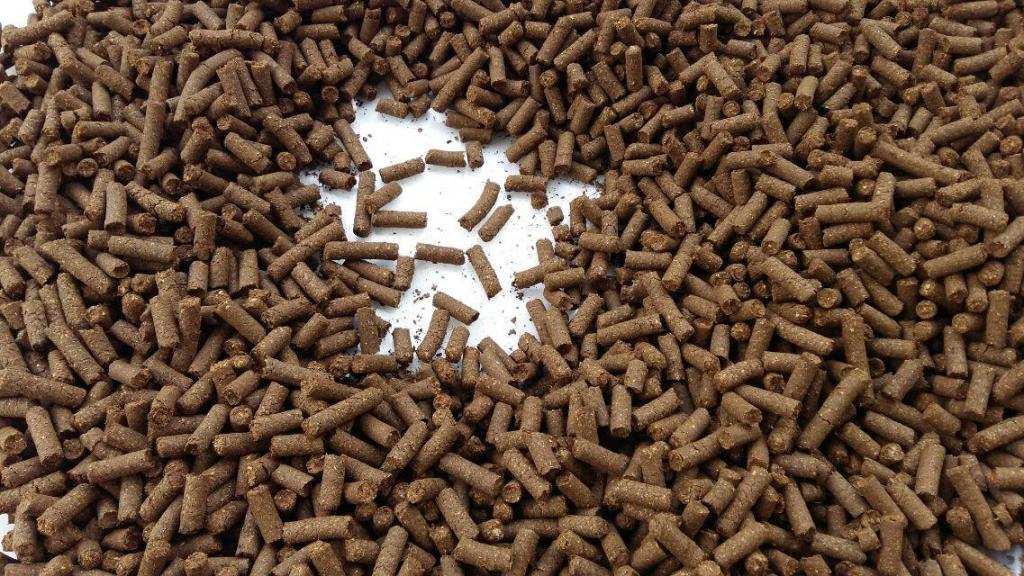
 CONTACT
CONTACT
- Linkman:Linda Yao
- Tel: +8618231198596
- Email:linda.yao@dcpharma.cn
- Linkman:CHARLES.WANG
- Department:Overseas
- Tel: 0086 0311-85537378 0086 0311-85539701
Feed-Grade ε- Polylysine hydrochloride
TIME:2024-03-12
ε- Polylysine hydrochloride possesses outstanding antibacterial properties as it can disrupt the microbial cell membrane, causing leakage of intracellular substances. This effectively inhibits the growth of harmful microorganisms in feed, enhancing feed quality and safety. It reduces the risk of feed deterioration and spoilage during storage and usage, lowering the potential for diseases in animals caused by consuming contaminated feed. As a bioactive peptide additive in feed, Feed-Grade ε- Polylysine hydrochloride finds widespread applications.
As a feed additive, ε- Polylysine hydrochloride promotes animal growth and health. Its bioactivity helps improve nutrient absorption and utilization, leading to increased feed conversion rates, facilitating rapid animal growth and development. Additionally, it enhances animal immunity, improving resistance to diseases and reducing the occurrence and spread of illnesses.
Moreover, Feed-Grade ε- Polylysine hydrochloride can enhance the taste and flavor of feed, increasing animal appetite and intake. This is significant for improving animal farming efficiency and reducing feed costs.
When using Feed-Grade ε- Polylysine hydrochloride, it is essential to adhere to scientific and rational principles, controlling the dosage and application methods. Excessive use may have adverse effects on animals, even posing safety concerns. Therefore, before usage, it is crucial to carefully understand the product's instructions and precautions, following relevant regulations and standards.
The application of Feed-Grade ε- Polylysine hydrochloride in the feed industry offers numerous advantages, including antibacterial properties, growth promotion, and improved feed quality and safety. However, caution is necessary during usage to ensure its proper application, fully realizing its benefits while safeguarding animal health and farming efficiency.
- Tel:+8618231198596
- Whatsapp:18231198596
- Chat With Skype







